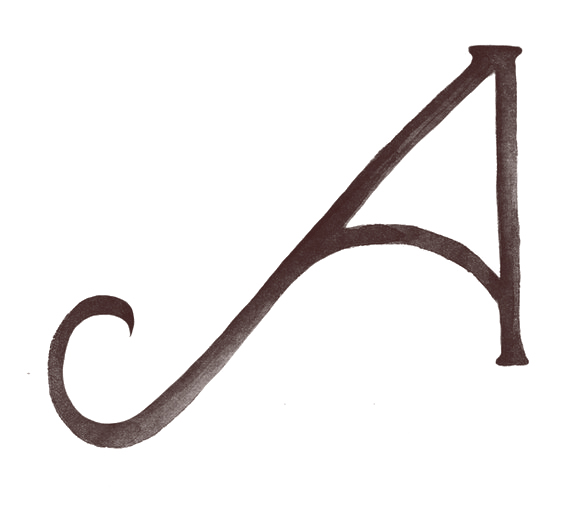Three top tips for editing your own work
Like writing, it’s tempting to also edit your own stuff.
And, why not? You’re the one who knows your work best, right?
Right! Yet this is one good reason not to edit your own writing, because the more familiar we are with our content, the harder it is to see our mistakes, foibles and tics.
But, if you must edit your own work (and who doesn’t have to from time to time?) here are A Story to Tell’s three top tips for doing so:
1. Keep a safe distance between drafts
Why?
Because the more time you allow between drafts will enable you to see the previous draft with as fresh a set of eyes as possible. If you don’t have any time at all between drafts, at least go and get a glass of water or a bickie before you ‘proofread’ and press send. But, if the document is important, preferably take a few days’ break between drafts.
2. Blank it out with a ruler or sheet of paper
Why?
When reviewing your work for the final time, whether you print it on paper or edit on screen, use a ruler or a blank sheet of paper to block the text other than the line you are reading. This prevents you from reading ahead. Reading ahead is the very best way to miss errors, especially those that fall at the end of a line or those pesky small words that are are easily repeated ;-).
3. When you find an error, go back to the start of the sentence
Why?
When you find an error, chances are that you’re so relieved/proud/annoyed that you merrily read on without picking up the one straight after the original. (And there’s always one!) Get into the good habit of re-reading that sentence from scratch.
Try these tips to discover just how much better your written communication can be.
May your words pour onto the page,
You know, just 30% of the population know enough about grammar and punctuation to actually notice errors. That’s not many, you might say. But here’s the kicker … those 30% actually make their decisions based on how well you communicate.
If in doubt, enquire about regular proofreading of those documents that really matter.


